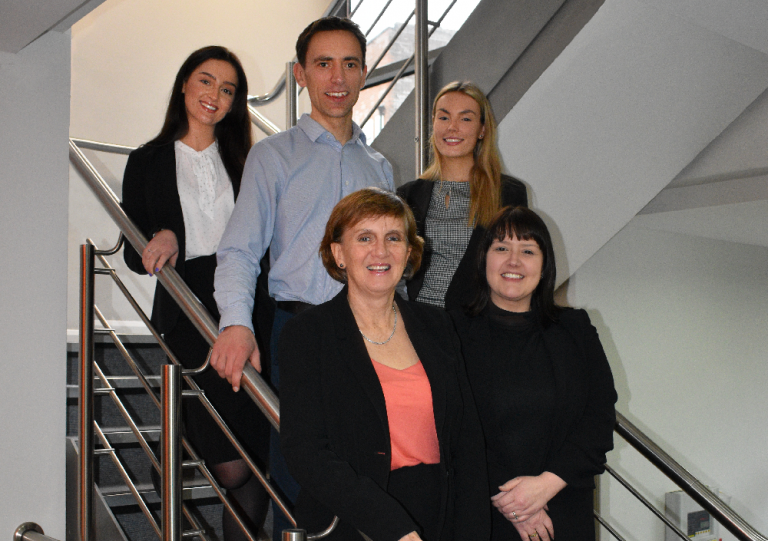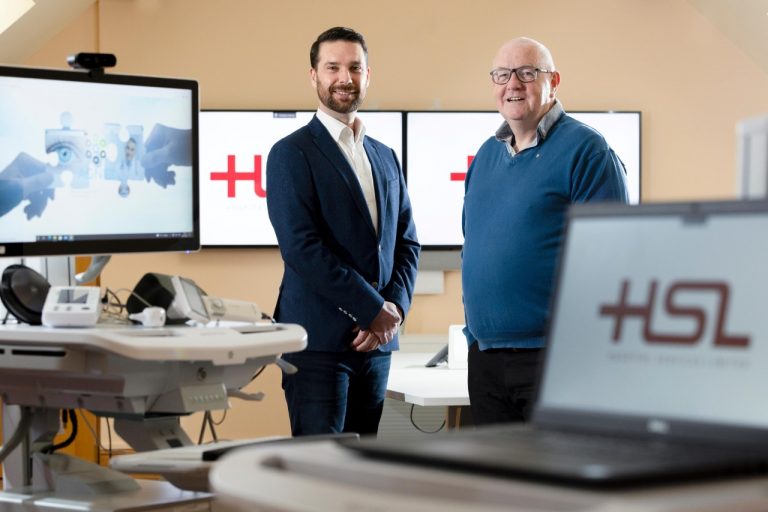Proposals to be considered for conversion of council offices into new hotel
Council buys Buxton shopping centre
Firms offered free post-Brexit regulation advice by Trading Standards experts
Major plans for Grimsby leisure development approved
Leicester City chairman relieves Club of outstanding debts to parent company
Sills & Betteridge boosts Commercial Litigation & Dispute Resolution Team
Sills & Betteridge’s Commercial Litigation & Dispute Resolution Team has recently been boosted with the appointment of solicitor Rachael O’Sullivan. Rachael deals with all aspects of litigation, including landlord and tenant disputes, land and boundary disputes, disputes between cohabitees under the Trusts of Land and Appointment of Trustees Act 1996, injunctions, committal applications, breach of contract and debt claims. Prior to joining the firm, Lincoln-born Rachael attended university in Nottingham and then took a year out to travel around South-East Asia, and to teach English in Thailand. She returned to Lincoln and spent 6 years working in house for an insurance company in the private residential sector, dealing with landlord possession claims. She gained extensive advocacy experience representing clients at trials in the County Court. Rachael then decided to resume her studies, starting her Legal Practice course in 2019 for which she obtained a distinction, fully qualifying as a solicitor last year. A keen advocate, Rachael will be undertaking a Higher Rights of Audience course in March 2023. Senior partner, and head of Commercial Litigation & Dispute Resolution, Karen Bower-Brown said: “We are delighted that Rachael has joined our busy team. She complements the existing arrangements extremely well with her broad litigation knowledge and experience in representing both claimants and defendants. She has settled in well and I am looking forward to seeing her legal career progress with Sills & Betteridge.” Rachael said: “I have known Karen and her colleagues in the litigation department professionally for some time, and always admired the pragmatic approach they take to achieve the best outcomes for their clients. I am very fortunate to work in a team which deals with such a wide range of commercial and civil dispute matters and know I will benefit greatly from their support and mentorship.” Rachael will be based at Lincoln but will handle cases across the wider Lincolnshire area, Yorkshire and the East Midlands.
KPMG set to invest in the Midlands following strong financial year
Bridge Help makes senior promotion
Chesterfield-based commercial finance specialist, Bridge Help has promoted Katie Snodden to the newly created role of head of sales.
The promotion recognises the significant contribution Katie has made to the business since she joined as a business development manager in 2021.
In 2022 alone Katie secured more than £8m worth of loans for brokers throughout England and Wales. In her newly created role, she will now lead Bridge Help’s team of business development managers in growing the company’s loan book which it aims to double in 2023.
Chris Sellars, CEO and general counsel of Bridge Help, said: “Katie has built some amazing relationships across the industry, all whilst taking on additional responsibilities within the company. Her appointment is integral to our growth plans for next year and she is absolutely the right person for this role.” Katie added: “I am thrilled to take on this exciting role. One of the many reasons I joined Bridge Help was the opportunity to grow my career and skillset within the business.”
Katie joined the bridging finance sector from the transport and logistics sector having previously worked within financial services for a large, chartered accountancy firm in London. Her appointment at Bridge Help signalled her return to the financial services sector, which she describes as her ‘first love’.
Enrok Construction appoints new quantity surveyor
Derbyshire-headquartered Enrok Construction has appointed a new quantity surveyor as part of its ongoing growth strategy.
Stuart Wedge, who has almost a decade of experience gained across the construction sector, joins Enrok to work across the company’s ongoing projects in the Midlands. These include the restoration of a former mill on Crocus Street, Nottingham, into 27 apartments and a new affordable housing scheme in Handsworth, West Midlands.
Stuart joins Enrok as the company continues to bolster its team as part of its growth plans for the New Year, following a successful 2022. Enrok’s ambitious growth plans were among the reasons Stuart joined the team.
Commenting on his appointment, Stuart Wedge says: “Enrok has a strong team in place already and I am looking forward to adding my experience to the company. The company’s growth ambitions and the potential for me to develop my role on numerous ongoing projects really appealed to me.
“Our work within the affordable housing sector is also something that aligns with my values. I wanted to be part of a company that is committed to working with housing associations to deliver more affordable homes for people across the UK.”
Simon Bennett MCIOB, operations director at Enrok, adds: “Stuart has direct experience that will quickly benefit our client’s projects across the Midlands. His ambition to be part of a growing business impressed us and we are all delighted that he has joined the Enrok team.
“As we focus more on working with Housing Associations in the Social Housing sector, it is essential that we have the right people in the right places across the business. We feel we have achieved this with Stuart, and I am looking forward to working with him.”












